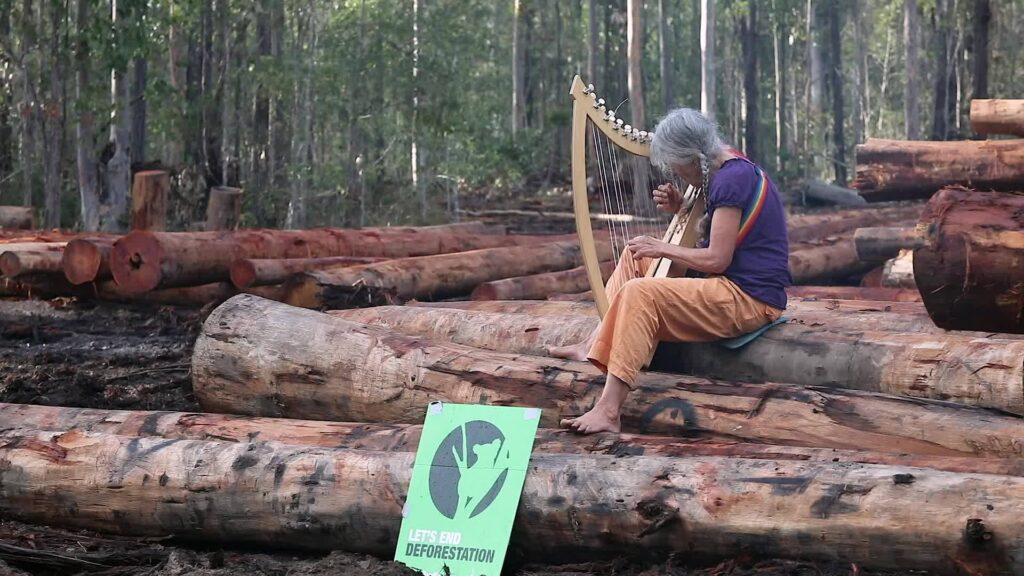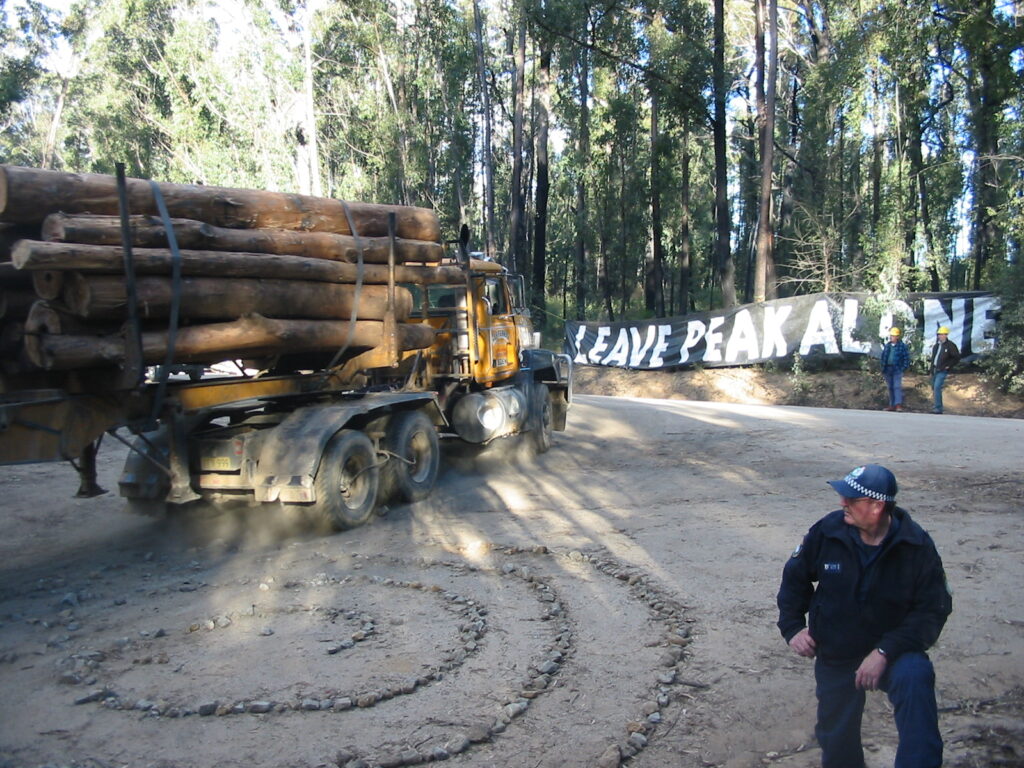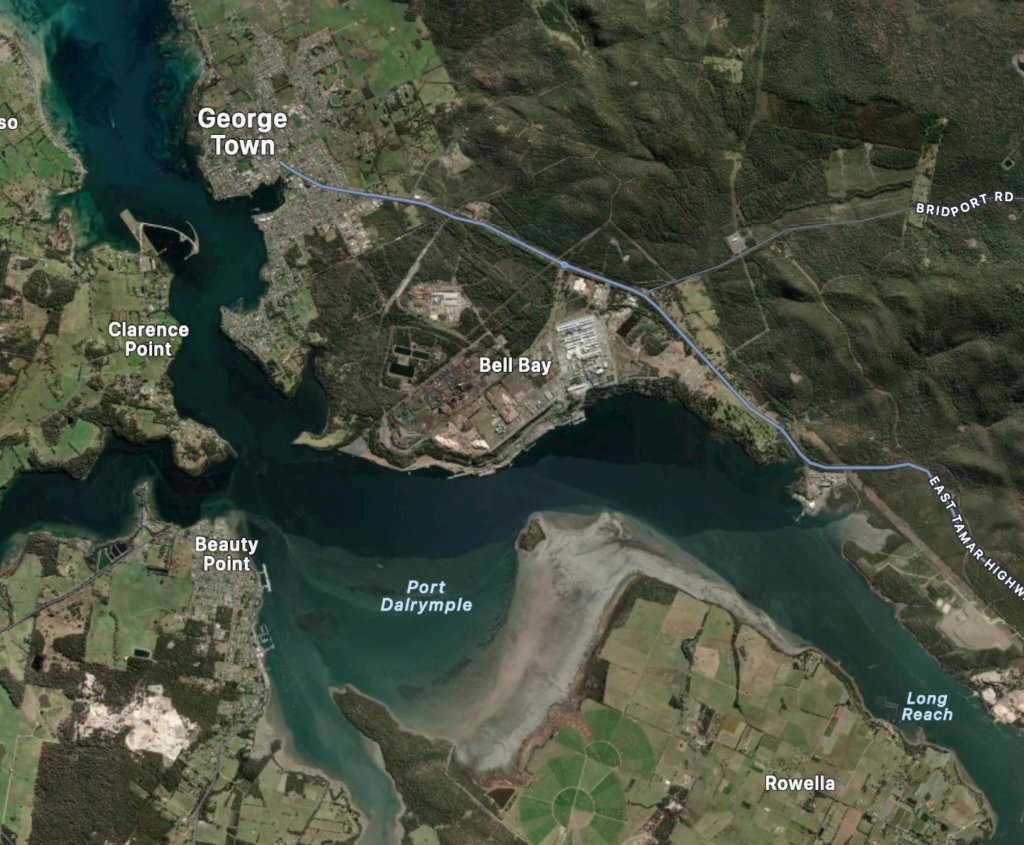The Nature Conservation Council of New South Wales (NCC) expressed disappointment in the recent Federal Court decision to dismiss the North East Forest Alliance’s (NEFA) challenge to the 2018 North East NSW Regional Forest Agreement but, within days of the ruling, a new legal challenge came from South East Forest Rescue (SEFR).

“It’s a sad day for the vulnerable species of NSW,” Jacqui Mumford, NCC’s chief executive officer said of the Federal Court decision.
“This is a devastating decision that now allows the ongoing destruction of critical habitat for endangered species based on outdated data. This case has revealed the inadequacy of our state and federal laws to protect nature.
“We call on Minister Penny Sharpe to step up, throw out these outdated RFAs, make a transition plan and end the native forest logging industry for good.
“Without action from the Minister, this decision could be the death knell for struggling species such as koalas and greater gliders.
“This decision sets a dangerous precedent that could see forestry operations continue to be exempt from the federal Environment Protection and Biodiversity Conservation Act 1999 (EPBC Act) without requiring a new assessment.
“Why should Forestry Corporation NSW (FCNSW) get a pass to destroy critical habitat for endangered species and be exempt from federal environment laws?
“A lot has happened in 27 years –– we saw the Black Summer bushfires wipe out vast swathes of the Australian bush, killing billions of animals; the impacts of climate change are worsening species decline; and scores of species have become threatened or endangered.
“At the very least Minister Sharpe should be putting plans in place to bring RFAs into alignment with the current reality.
“If the laws regulating environmental protection aren’t doing their job, then it’s time for new laws.
“This case could have been a lifeline for struggling endangered species but our forests now face an uncertain future.
“It shouldn’t be up to hard-working and dedicated grassroots groups to protect forests – government regulations should be robust enough to serve their purpose.
“Both the Federal and NSW Government have acknowledged that the laws meant to protect vulnerable species aren’t working.
“This case should be a wakeup call that the overhaul of the EPBC Act needs to include strong standards that protect nature from all threats.
“We need to arrest the sad trend of species decline and protect our forests. There are dozens of threatened and endangered species in areas that are currently or imminently being logged.
“The only way to ensure the protection of these important species is to end the broadscale destruction of native forests.
“It’s time to end native forest logging in NSW.”
There are nationally significant populations of over 11 nationally threatened animal species and 13 plant species in areas currently or proposed to be logged in the North-east NSW state forests.
Nationally threatened species with significant populations in north-east NSW’s State forests that are currently being logged, or proposed for imminent logging:
- Endangered: Koala, Southern Greater Glider, Spotted-tailed Quoll, Hastings River Mouse, Rufous Scrub Bird, Giant Barred Frog, (plants) White-flowered Wax Plant, Milky Silkpod, Cryptic Forest Twiner, Scrub Turpentine, Native Guava, and Moonee Quassia.
- Vulnerable: Parma Wallaby, Grey-headed Flying-fox, South-eastern Glossy Black-Cockatoo, Sphagnum Frog, Stuttering Frog, (plants) Slender Marsdenia, Bordered Guinea Flower, Slaty Red Gum, Square-fruited Ironbark, Big Nellie Hakea, Trailing Woodruff and Orara Boronia.
Have your say
The NCC has since issued a reminder that the Federal Government is currently undertaken public consultation on its proposed reforms of the Environment Protection and Biodiversity Conservation Act, touted as the most significant reform to our environment laws in 20 years.
“It’s our best chance to secure laws that prevent extinction and provide much stronger protection for our magnificent forests, oceans, rivers, and wildlife.”
Please have you say here. Consultations close 30 March 2024 and it’s vital that as many people as possible participate.
The environment movement is seeking six key changes to our current laws, which you may wish to include in your submission:
1. Strong and enforceable national environmental standards
2. Reject projects that cause climate harm
3. Ensure public trust and confidence in the new laws, and allow meaningful community participation in decision making
4. Ensure recovery strategies that set out a clear and accountable plan for saving threatened species
5. Make offsets a genuine last resort
6. Have a truly independent and well-funded environmental regulator.

Southern offensive
Five days after the Federal Court decision, the South East Forest Rescue (SEFR) conservation group launched unprecedented Legal Action Against Forestry Corporation NSW For Failing to Protect Endangered Species.
SEFR has filed in the Land and Environment Court of NSW seeking an injunction that the state-run logging agency Forestry Corporation NSW be restrained from conducting any forestry activities in certain state forests on the north and south coasts of NSW until adequate surveys for Greater Gliders, Yellow-bellied Gliders, or Squirrel Gliders have been performed.
SEFR is seeking an injunction that the Forestry Corporation be permanently restrained from logging anywhere in the North East or South East forests unless they conduct effective surveys for gliders.
SEFR is also seeking orders to immediately suspend logging in Bulga, Clouds Creek, Moonpar, and Styx River State Forest on the north coast and Currowan, Shallow Crossing and Timbillica State Forests on the south coast to prevent irreparable damage being done in the interim.
SEFR’s position is that the Forestry Corporation is breaking the law by not performing adequate surveys for den trees, and necessary exclusion zones around den trees are not being implemented.
SEFR say the impacts of logging on glider habitat are even more critical for consideration in the wake of the 2019/20 fires.
This is the first time in 25 years that the Forestry Corporation has been brought to court by citizens for failure to comply with the law, called Coastal Integrated Forestry Operation Approvals, in particular failure to conduct adequate surveys for gliders.
“For too long this rogue Corporation has produced real harm to the environment and ecosystems. Much of the Glider habitat was impacted by the fires, this is why it is so important to protect any remaining habitat before the Forestry Corporation destroys all of our national treasures,” said Mr Scott Daines, spokesperson for South East Forest Rescue.
“The Corporation has previously admitted that it conducts its surveys for the dens of these nocturnal animals during the day,” said Mr Daines. “This incompetence needs to be stopped.”
SEFR would like to thank our lawyers XD Law, and counsel for taking on this important public interest case on a pro bono basis.
“The people of New South Wales and the Parliament expect that Forestry Corporation will obey and abide by the laws of this state,” said Ms Natalija Nikolic, from XD Law. “We will be vigorously prosecuting this action and look forward to having this landmark legal challenge heard by the Court.”
SEFR have sought confirmation from the Forestry Corporation that they will discontinue logging of the compartments until the decision of the Court is handed down.
The matter is scheduled for a mention on the Land and Environment Court on February 2 and for a Class 4 Directions Hearing on February 16.


